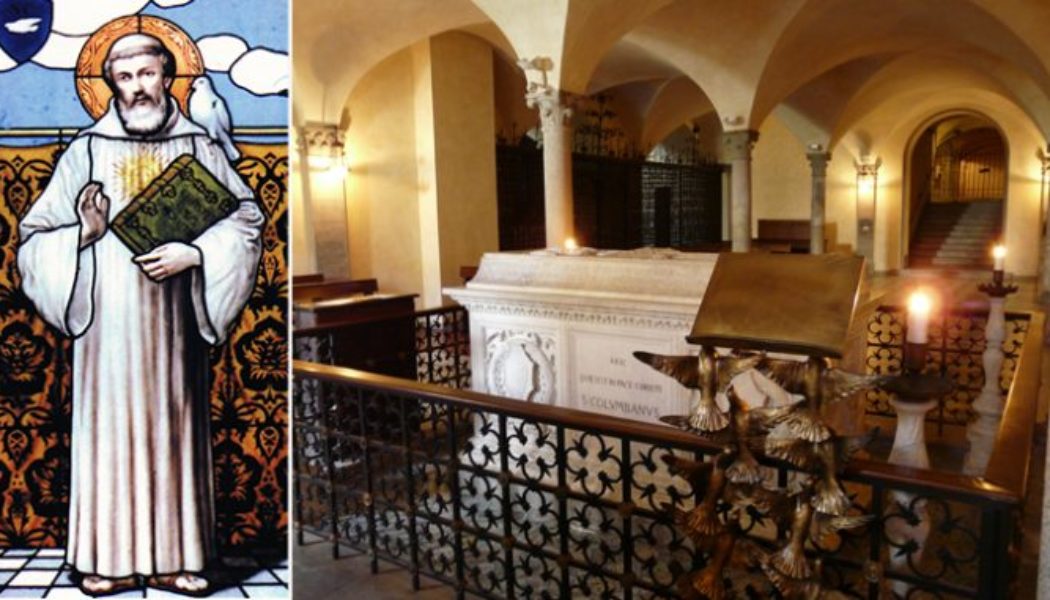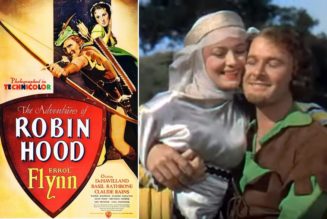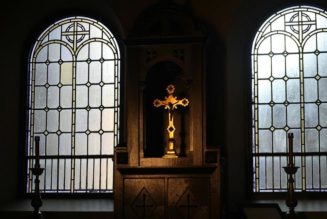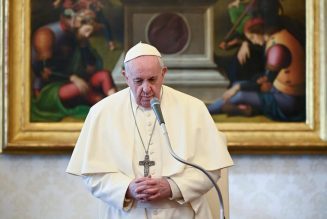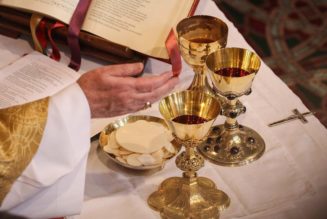
For Catholics, November is effectively the year’s end and a reminder of our own end. The Church year is one in which we process through a celebration of the mysteries of Christ’s Incarnation. That is why, for many centuries, Catholic countries celebrated their civil New Year on the Annunciation in March. That is why we begin the liturgical year with the period of waiting for the birth of the Christ, the Son of the Living God at Christmas. In 2024, November is precisely the end of the year. December 1 is the first day of Advent.
Thus, November is the perfect time to do what the ancients called memento mori: remembering our death. We begin the month doing just that. November 1 is All Saints’ Day, on which we remember that, if we have followed Christ closely, we too can be “at home with the Lord” when we are “away from the body” (2 Corinthians 5:8). We too can be saints. This is brought closer to our attention on the following day when we celebrate All Souls’ Day and remember all the faithful departed, praying that if sin had bent or harmed their souls in such a way as to keep them from the fullness of Christ’s presence, that God would mercifully make them fully upright, fully healed from the aftereffects of sin and able to go fully into the heart of heaven to see Him face to face.
As we think of the faithful departed, we think about ourselves and the fact that we will depart someday, too. Will we make it to the heavenly homeland? In order to do that, we have to have the proper attitude to our life here on earth.
Our life here on earth is precious and valuable, but not because it is an end in itself. People like to excuse crazy and even bad decisions by appealing to the YOLO principle: You Only Live Once. While that may be true of our earthly life (we don’t believe in reincarnation), it isn’t true of human life as a whole. This life, as the great apologist Frank Sheed liked to say, is both a test and a preparation for the continuation of life beyond the grave. Perhaps the best response to someone justifying the unjustifiable is YOLF: You Only Live Forever. With a reminder that what forever will look like depends upon how we respond in this life to the Lord of Life, Jesus Christ.
Saint Columbanus (not to be confused with Columba), whose feast is November 23, was one who always kept his eye on the forever part. Having struggled with chastity early on, he wanted to please God and became convinced that God was calling him to the monastic life. He became well educated not only in the liberal arts but also, like so many Irish monks, in Sacred Scripture. In 590, when he was in his late forties, he decided that God was calling him to the European continent. Comgall, his abbot at Bangor Abbey, reluctantly allowed him to go.
Traveling with twelve other monks, he settled in France in the Burgundian kingdom. There, he impressed many but also came into conflict with both the Frankish court and the Frankish bishops, forcing him to move several times. In each place he went, he set up monasteries. Eventually, he ended up on the Italian peninsula, having been given some land called Bobbio between Milan and Genoa. It was here that he died.
Not just a scholar who argued against heresies such as Arianism (still prevalent in the 600s in Italy) and Nestorianism, he was a holy man whose attributed miracles include the healing of a blind man, the multiplication of beer and bread for his community (he was Irish, after all), and the taming of a bear, which he trained to pull a plow. One might note that these are miracles that are very much focused on the goods of this world. Yet it was likely that he could do such miracles because he thought properly about the purposes of this life. In Celtic Spirituality (Paulist Press, 1999), editor Oliver Davies presents several of a collection of the saint’s sermons that tell us how to think properly of life.
In Sermon 5, Columbanus begins by observing how fleeting this earthly life is: “Human life, fragile and marked for death, how many have you deceived, beguiled, and blinded? While in flight, you are nothing; while in sight, you are a shadow; while you rise up, you are but smoke.” Human life fools us because it seems so important and so good at times, but even the best things we find in it seem to vanish quickly. To put our ultimate happiness into this life is foolish at best.
So, how ought we to see this life? Columbanus says that earthly life is “the wayfaring of mortals and not their living.” This life is the way to eternal happiness but not that happiness itself. The honors and the riches of this life—even our good health—might seem like they last but they don’t. “Thus you are to be questioned and not believed or credited, you are to be traversed and not inhabited,” Columbanus says to “wretched human life.” He adds, “For a road is to be walked on and not lived in, so that they who walk upon it may dwell finally in the land that is their home.”
In Sermon 8, Columbanus continues this theme. He says, “Our first duty is to love nothing here, but to love the things above, to desire the things above, to relish the things above and to seek our home there, for the fatherland is where our Father is.” He warns, “Unless we are filled with the urgent longing of heavenly desires, we shall necessarily be ensnared in earthly ones.”
Columbanus’s words sound harsh to our modern ears. We are used to complaints about people too heavenly minded to do any earthly good and people who don’t value God’s creation because they are fixated on the new creation. But the saint’s words are no harsher than our Lord’s sayings about our need to “hate” father, mother, wife, and children to be His disciple (Luke 14:26).
In order for this earthly life, filled with anxiety and troubles, to make sense and to be joyful, we must see that it is aimed at something. Will we pass the test? Only if our eyes are on the goal. If we do that, we will be joyful even as we contemplate this life’s swift passing. We may even multiply beer and tame bears.
(Editor’s note: This article originally appeared in The Catholic Servant and is reposted here with kind permission.)
If you value the news and views Catholic World Report provides, please consider donating to support our efforts. Your contribution will help us continue to make CWR available to all readers worldwide for free, without a subscription. Thank you for your generosity!
Click here for more information on donating to CWR. Click here to sign up for our newsletter.
